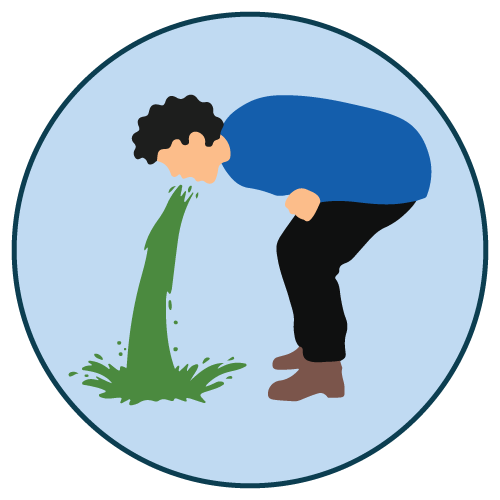| Name | Quercetin |
| Classes |
Nutritional Supplement |
| Diseases |
Asthma Cardiovascular Disease Cataract Type 2 Diabetes Mellitus Fatigue Gout Hay Fever High Cholesterol |
Quercetin
Quercetin is a flavonoid compound found in various plants and is classified as a dietary supplement. The exact mechanism of action of quercetin is not known, but it is believed to have antioxidant and anti-inflammatory effects.
Quercetin is used as a dietary supplement to support overall health and wellness. It is also used for the management of conditions such as allergies, asthma, arthritis, and cardiovascular disease.
The recommended dosage of quercetin varies depending on the specific product and the reason for use. It is important to follow the instructions on the product label and to consult with a healthcare professional before starting quercetin supplementation.
- Pregnant or breastfeeding women should consult with a healthcare professional before taking quercetin.
- Quercetin may interact with certain medications, including blood thinners, chemotherapy drugs, and antibiotics. It is important to consult with a healthcare professional before taking quercetin if you are taking any medications.
- People with a history of kidney stones should use quercetin with caution, as it may increase the risk of kidney stone formation.
- Quercetin may lower blood sugar levels and should be used with caution in people with diabetes or hypoglycemia.
- Long-term use of quercetin supplements may increase the risk of liver toxicity.
Contraindication
Quercetin is generally considered safe when taken in recommended doses. However, it should be avoided by people who are allergic to quercetin or any of its components.
None known.
None known.
 Bangla
Bangla English
English


